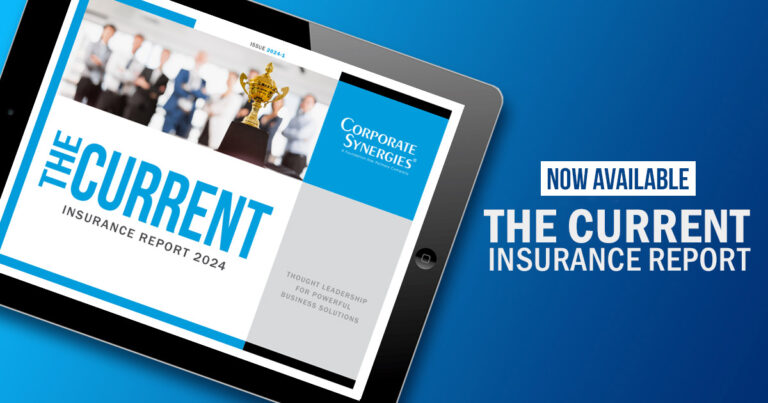Despite additional guidance from the IRS, COBRA subsidy compliance continues to be an area of stress and concern for many employers. The American Rescue Plan Act (ARPA) provides a 100% COBRA premium subsidy that is available from April 1, 2021 through September 30, 2021 (the “Subsidy Period”), to assistance eligible individuals (AEIs) who are eligible for and elect COBRA coverage. We previously covered how to meet the COBRA notice requirements. In this article, I’ll answer four common 2021 COBRA subsidy questions.
What plans and individuals qualify for 2021 COBRA subsidies?
The ARPA COBRA subsidy is available to any AEI, including any employee or dependent, who is a COBRA qualified beneficiary (or who will become one during the Subsidy Period), resulting from:
- An involuntary termination of employment (except for termination due to gross misconduct), or
- A reduction of hours (regardless of whether voluntary or involuntary)
Additionally, any former, otherwise eligible employee who did not elect COBRA coverage, or who dropped COBRA coverage prior to April 1, 2021, but who would otherwise be within their 18-month COBRA coverage period between April 1 and September 30, 2021, is eligible for the 2021 COBRA premium subsidy.
In addition to employers’ health insurance coverage, the 2021 COBRA premium subsidies are also available for:
- vision-only coverage,
- dental-only coverage,
- retiree health coverage offered under the same group health plan as the coverage made available to similarly situated active employees, and
- health reimbursement arrangements, but not for health flexible spending accounts
“Involuntary termination of employment” qualifies an individual for the 2021 COBRA subsidy.
What is considered an “involuntary termination of employment”?
Since “involuntary termination of employment” qualifies an individual for the 2021 COBRA subsidy, defining and identifying these situations is essential. The IRS defines “involuntary termination of employment” as “a severance from employment due to the independent exercise of the unilateral authority of the employer to terminate the employment, other than due to the employee’s implicit or explicit request, where the employee was willing and able to continue performing services.”1
This sounds straightforward, but it is not always clear whether a given termination fits this definition. The employer should consider all of the relevant information pertaining to the employee’s termination before making that determination, as this IRS definition relies on all of the relevant facts and circumstances.
Some examples of involuntary termination of employment include:
- Resignation due to a fundamental change in the employment relationship, including a meaningful change in the geographic location of employment or a significant reduction in hours that did not result in a loss of insurance coverage.
- If a termination was designated as a voluntary quit or resignation, but the facts and circumstances indicate that the employee was willing and able to continue and had knowledge that they would be terminated.
- Employer action to end an individual’s employment while the individual is absent from work due to illness or disability, given that there is a reasonable expectation that the employee would return to work after the injury or illness heals or subsides.
- Involuntary termination for cause, other than gross misconduct (more on this below).
- An employer’s decision not to renew an employee’s contract, if the employee was otherwise willing and able to continue to work under a renewed contract. By contrast, the expiration of a contract that was for specific services, for a set term, and without any expected renewal would not qualify.
What constitutes “gross misconduct”?
This is more difficult to determine, and historically, the courts have interpreted it to be an extremely high standard to meet. Acts like embezzlement and fraud have sometimes been considered to meet the standard of gross misconduct in the past, but not in every situation, as it depends on the specific facts and scope of misconduct.
The standard for gross misconduct is rarely met unless the act is extremely egregious, a worker dealing illegal drugs at work, for example.
If an employer and their advisors decide to classify an involuntary termination as due to gross misconduct, the organization should keep meticulous records. The process, decision and justification should all be well documented.
Are employees who accept “buyout” packages eligible for a COBRA subsidy?
Yes, in most cases employees who are incentivized to retire earlier than they otherwise would have are considered involuntary. This includes employees who accept separation plans like voluntary retirement incentive programs or “buyout” packages.
Retirement (without incentive) would not ordinarily constitute involuntary termination of employment, but it could do so where the employee was willing and able to continue employment and had knowledge that they would be terminated absent the retirement.
If the employee would be eligible for coverage through Medicare—or any another group health plan—they would not be eligible for COBRA or the subsidies. Finally, termination of employment due to death is not considered to be “involuntary” for purposes of the COBRA subsidy.
Employers and plan sponsors should work closely with their COBRA administrators, third party administrators (if applicable) and other plan vendors handling COBRA and health plan administration. To the extent that any changes need to be made to the way that COBRA is currently being administered, including the COBRA subsidy process under ARPA, those changes should be made as soon as possible.





